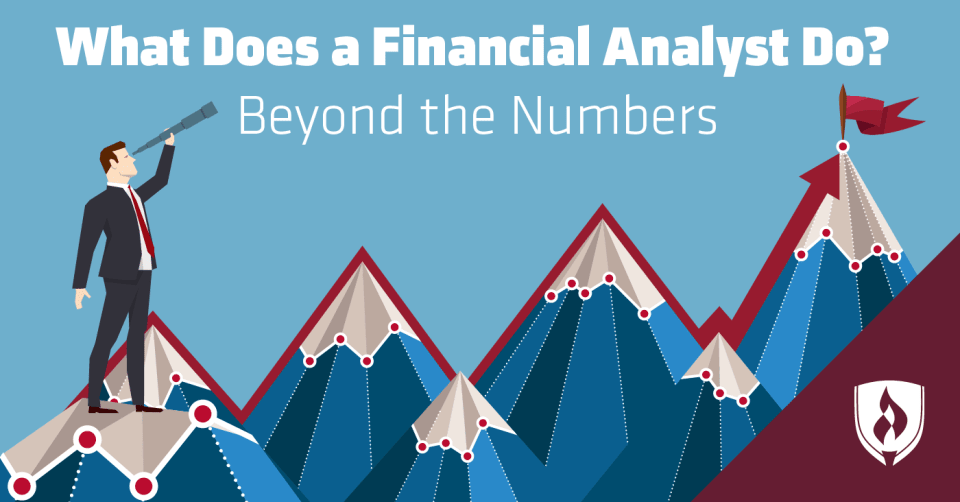Table of ContentsAn Unbiased View of What Is A Bond Personal FinanceWhat Does How Do I Calculate The Yield To Maturity Of A Bond Using Business Finance Online Do?
Those who issue bonds can pay for to pay lower rates of interest and still offer all the bonds they need. The secondary market will bid up the price of bonds beyond their face values. The interest payment is now a lower percentage of the initial cost paid. The outcome? A lower return on the investment, thus a lower yield.
Bond investors choose among all the various types of bonds. They compare the danger versus benefit used by rates of interest. Lower interest rates on bonds indicate lower costs for things you buy on credit. That includes loans for vehicles, service growth, or education. Most essential, bonds affect home mortgage interest rates.
When you buy bonds, you lend your money to an organization that needs capital. The bond company is the borrower/debtor. You, as the bond holder, are the financial institution. When the bond develops, the issuer pays the holder back the original quantity borrowed, called the principal. The company also pays routine set interest payments made under an agreed-upon time Have a peek at this website period.
Bonds as investments are: Less risky than stocks (what is the term of a bond in finance). So, these deal less return (yield) on investment. Make sure these are backed by excellent S&P credit ratings. Permitted to be traded for a greater cost. The very best time to secure a loan is when bond rates are low, because bond and loan rates fluctuate together.

Bonds are financial obligation and are released for a period of more than one year. The United States federal government, city governments, water districts, business and numerous other types of institutions sell bonds. what is bond in finance. When an financier purchases bonds, he or she is lending money. The seller of the bond accepts repay the principal amount of the loan at a defined time.
What Is The Coupon Bond Formula In Finance for Dummies
A security representing the debt of the company or government providing it. When a company or federal government issues a bond, it borrows money from the shareholders; it then utilizes the cash to invest in its operations. In exchange, the bondholder gets the principal quantity back on a maturity date mentioned in the indenture, which is the contract governing a bond's terms.
Normally speaking, a bond is tradable though some, such as savings bonds, are not. The rates of interest on Treasury securities are considered a criteria for interest rates on other financial obligation in the United States. The higher the rate of interest on a bond is, the more dangerous it is most likely to be - what is bond in finance.
The most basic department is the one between corporate bonds, which are released by private companies, and government bonds such as Treasuries or community bonds. Other typical types include callable bonds, which enable the https://gumroad.com/guochymm5e/p/h1-style-clear-both-id-content-section-0-indicators-on-what-is-derivative-market-in-finance-you-should-know-h1 provider to repay the principal prior to maturity, depriving the shareholder of future vouchers, and floating rate notes, which carry a rate of interest that changes from time to time according to some benchmark.
A long-term promissory note. Bonds vary commonly in maturity, security, and kind of provider, although most are sold in $1,000 denominations or, if a community bond, $5,000 denominations. 2. A written commitment that makes a person or an organization accountable for the actions of another. Bonds are financial obligation securities released by corporations and governments.
The company also assures to pay back the loan principal at maturity, on time and in complete. Because a lot of bonds pay interest regularly, they are also referred to as fixed-income investments. While the term bond is utilized generically to describe all financial obligation securities, bonds are particularly long-lasting investments, with maturities longer than 10 years.